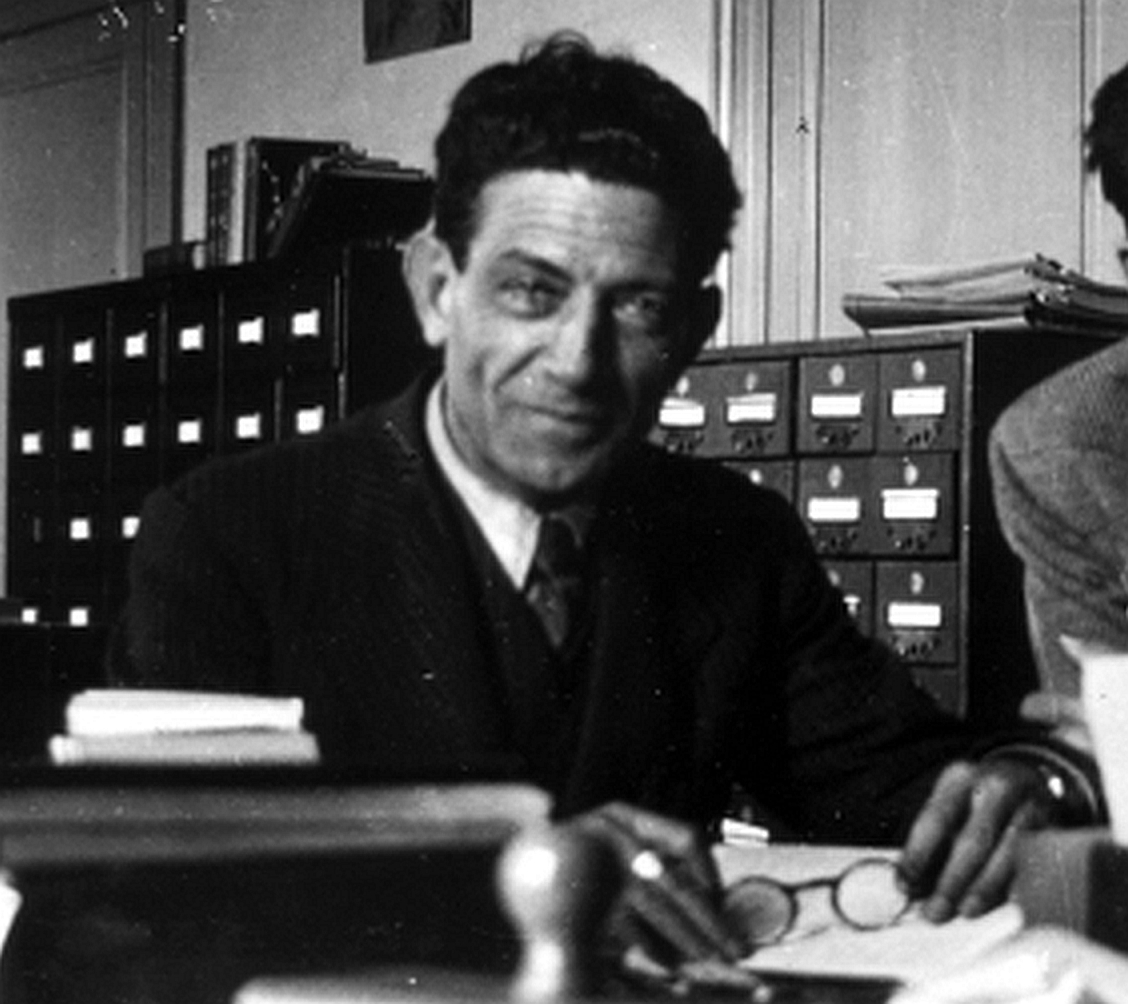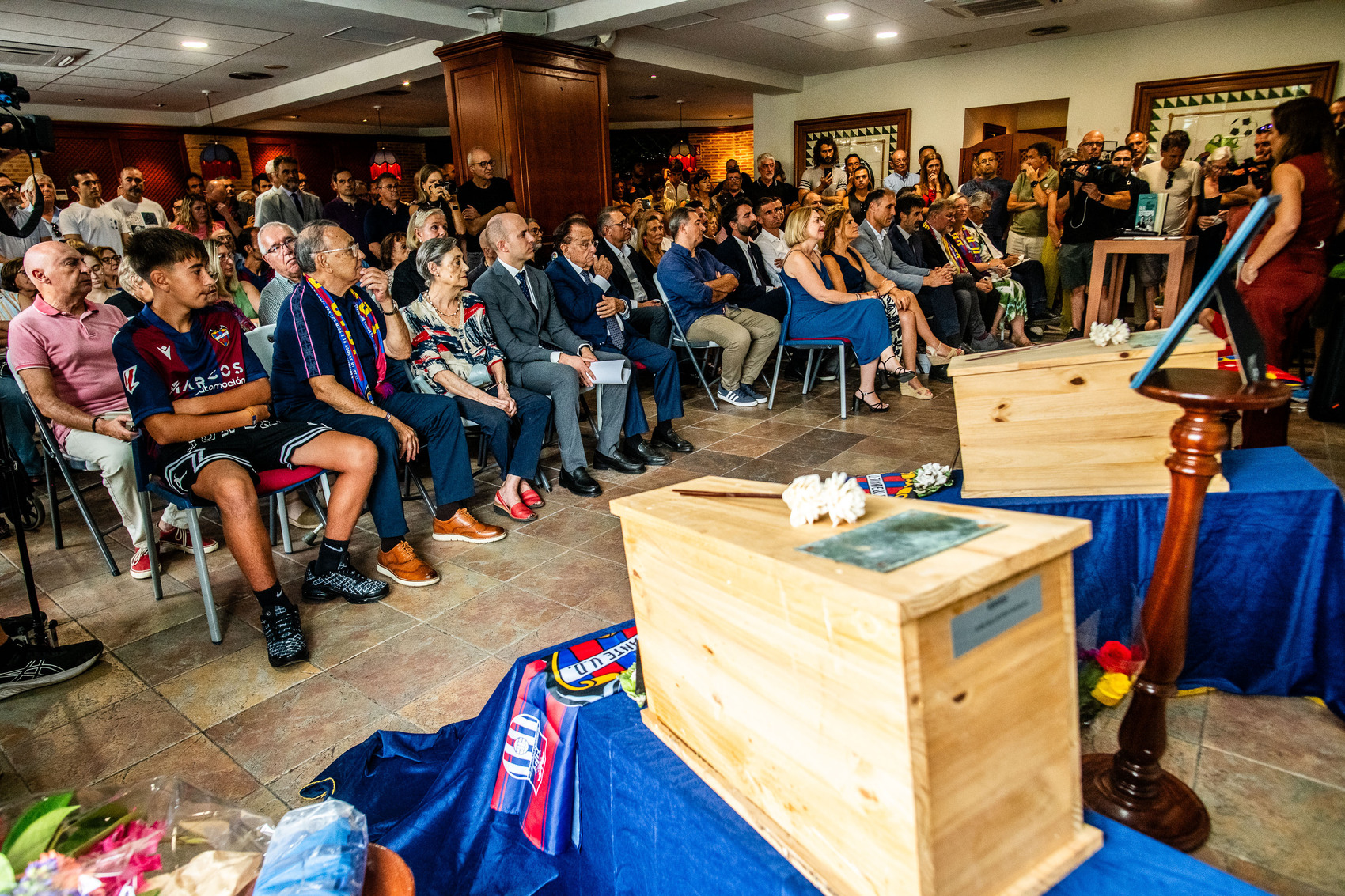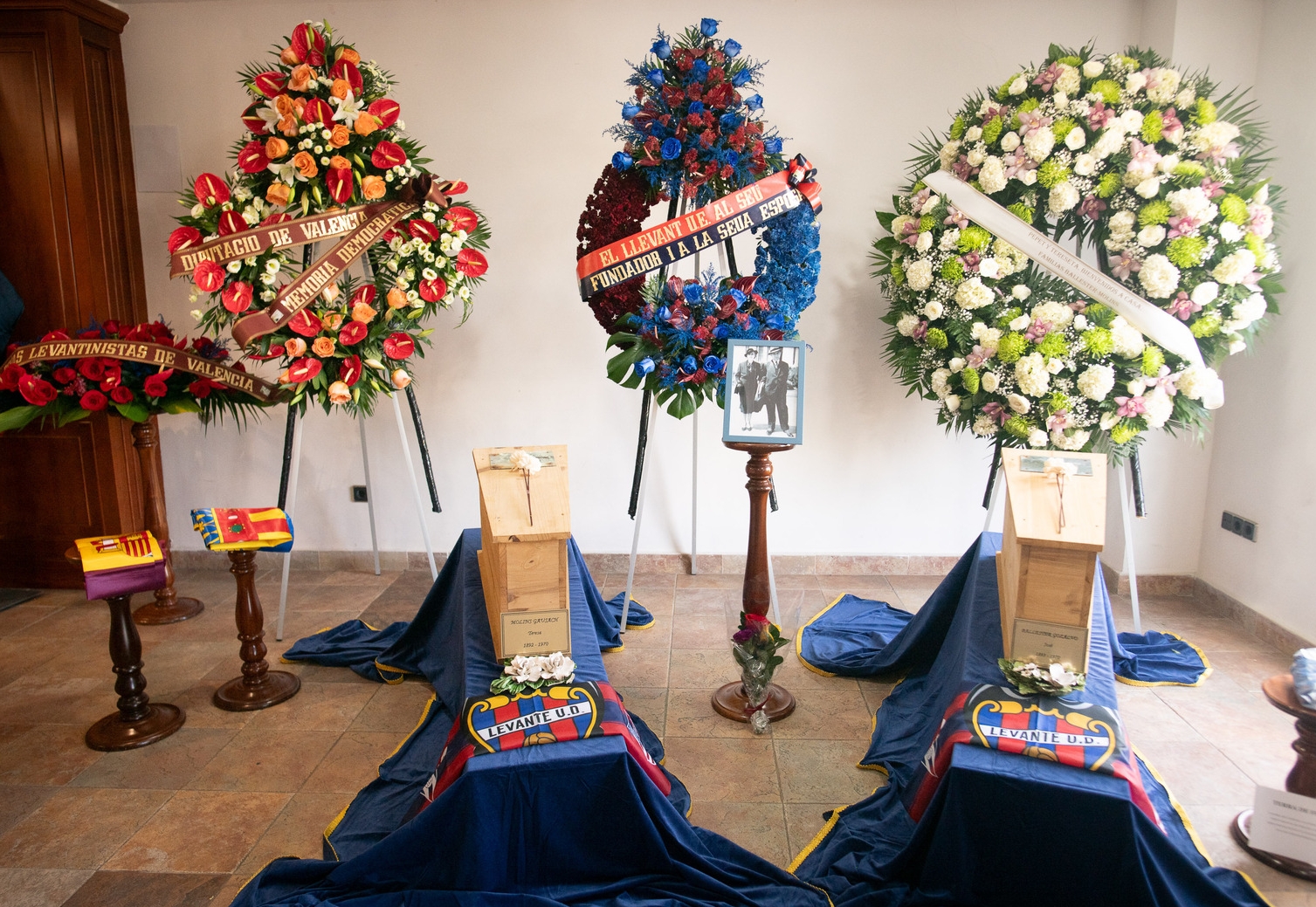A Pioneer of Valencian Soccer Returns
Levante UD, the Spanish soccer club that recently recovered its 1937 Cup of Free Spain, has another victory to celebrate. Our football correspondent reports.
Three years ago, I celebrated in The Volunteer that my Valencian soccer club Levante UD finally achieved official recognition for winning the 1937 Cup of Free Spain, whose historic final was played during the Spanish war, in Republican-controlled territory. Today, that recovered title stands for two distinct democratic struggles. The first is the battle that the players—many of whom were also soldiers for the Republic—fought on the soccer field that day, granting their fans a welcome distraction from war. The second is the club’s twenty-year battle for historical memory, which saw fans, journalists, and club historians spend countless hours in archives, legal proceedings and lobbying efforts to restore the trophy.
Now, the club has once again logged an impressive victory. It has managed to recover the remains of its founder, José Ballester Gozalvo (1893-1970), who served as a Minister of Foreign Affairs for the Spanish Republican government in exile. Ballester, who was raised in El Cabanyal, a maritime community in Valencia, died in France while Spain was still governed by Franco. Before passing away, he requested that he eventually be reburied in his hometown.
Ballester Gozalvo’s resume is so extensive that founding a soccer club on a September morning in 1909, at just 16 years of age, seems rather fleeting in importance. A renowned educator, he would go on to write six books about pedagogy. In fact, the founding of Levante is linked to the conviction—which he shared with his father, the educator Vicente Ballester Fandos—that athletic activity was essential to a well-rounded educational experience. After studying and practicing law, and working as a professor in Soria, Segovia and Toledo, in the 1920s Ballester Gozalvo became more heavily involved in politics and Republican movements. He tried his hand at journalism, helped found a political party, and in 1931 was elected to Toledo’s city council. During the Civil War, he was a legal advisor to the Republican President, Manuel Azaña.
After the war, Ballester went into exile in France. A tireless fighter for the Spanish Republican cause, he was a perpetual thorn in the side of the Franco dictatorship. As the Foreign Minister of the Spanish Republican government in exile, President of Izquierda Republicana and head of the Spanish League of Human Rights, he waged a 31-year intellectual war against the regime. He spoke before the United Nations and wrote scathing letters to both President Eisenhower and French President Charles de Gaulle criticizing their support of Franco.
Because of his ties to the Second Republic, the Franco dictatorship erased his name from the historical record. As a result, a whole generation of Levante fans did not know who founded their club. It took the investigations of two journalists, José Luis García Nieves and Felip Bens, to uncover the truth as they marked the centenary of Levante Unión Deportiva in 2009 with a four-volume history running over a thousand pages. Their research not only restored the club’s forgotten founder but also planted the seeds for Ballester’s return home. They pointed out that he had been interred in a French cemetery with sand from El Cabanyal, a Republican flag, and a Valencian flag, in the belief that his remains would eventually be reburied in El Cabanyal, along with those of his wife, Teresa Molins Gasuach. Although Franco died five years later, it took another 45 years before their wish could be granted.
This past September 6, on Levante’s 116th anniversary, fans, historians and club directors gathered to honor José and Teresa. After a funeral ceremony in the Estadio Ciutat de València, the couple’s remains were reburied in the Cabanyal cemetery. The celebration marked the culmination of a multi-year effort as the club worked with living relatives to coordinate and finance the transfer of the couple’s remains from France to Valencia. These acts are more than a symbolic tribute to an important Republican and Valencian leader. They are yet another vital step in the fight for historical memory and the collective healing from the wounds inflicted by the Spanish Civil War and the Franco regime.
Dean Burrier Sanchis is a high school Spanish teacher and former soccer coach at Elk Grove High School. His Spanish-born grandfather, Vicente Sanchis Amades, was a member of the Abraham Lincoln Brigade.















